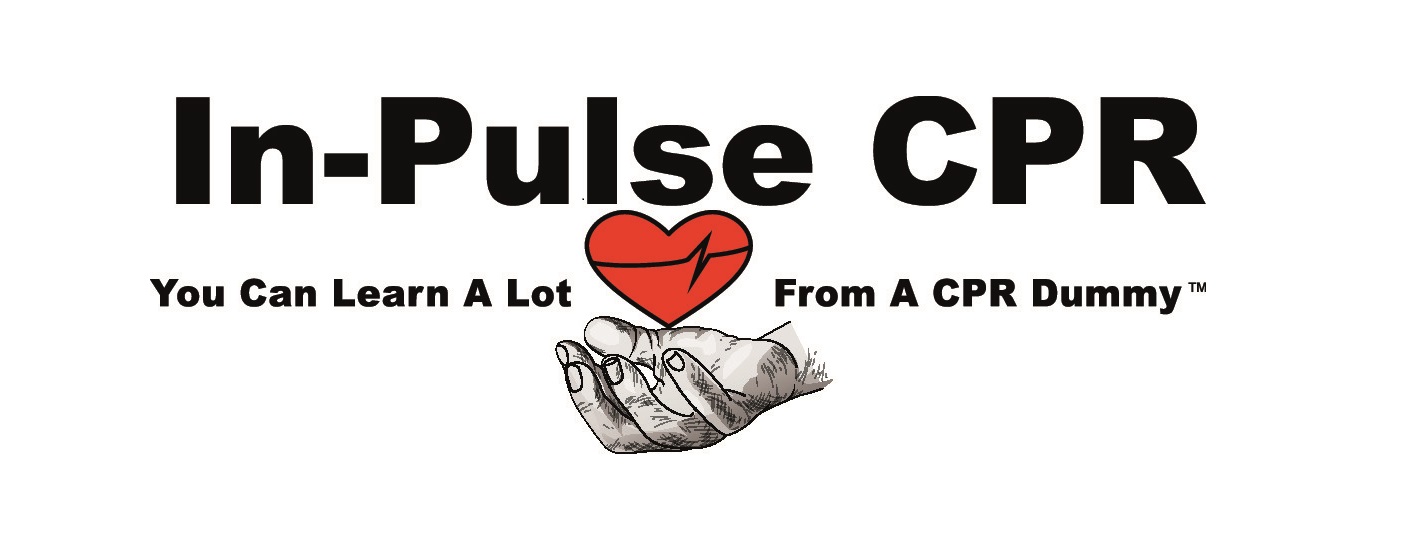Ballpark CPR
Ballparks are always a fun gathering place for many people and families. The excitement of seeing your child playing baseball can bring out a sense of pride, and enjoyment. But, as fun as ballparks are, they can also be dangerous. There are many different types of injuries that can occur at a ballpark, one of them being heart trouble.
If you can imagine, your son steps up to the plate. He has the bat in his hands and is staring intently at the pitcher – waiting for that perfect pitch. The ball flies across the plate at high speeds, and just as it looks like the ball will connect with the bat, instead, it connects with your son’s chest. You hear the thud of the ball making contact with your son’s small body. You know it hurt, but you never imagined that it would have caused your son to fall to the ground, lose consciousness, stop breathing, and lay at the plate on the brink of death.
The coaches run to the rescue. They do a quick analysis of the situation and start CPR. Within seconds they realize that this is a job for the park’s defibrillator. Before you know it, they have the machine, and they have him shocked back into a normal heart rhythm. An ambulance is called and he is now on his way to be checked out by doctors and monitored in a medical setting.
When you hear the whole story, you realize that the ball just so happened to make contact with your son’s chest at the perfect second, right in-between heartbeats. This rare occurrence interrupted your son’s normal, regular heart rhythm and triggered cardiac arrest. But thanks to the baseball officials, they recognized it right away, started CPR and got the defibrillator that revived your son.
You are forever grateful for the coaches’ quick thinking with CPR, and you are thankful that you had joined the mission of lobbying to get a defibrillator for the field. CPR is the first act and defense for cardiac arrest. Sometimes a defibrillator is needed, but to begin CPR immediately could be the lifeline that an individual needs who is suffering a heart attack. Proper training and knowledge could be the determining factor in saving someone’s life.



